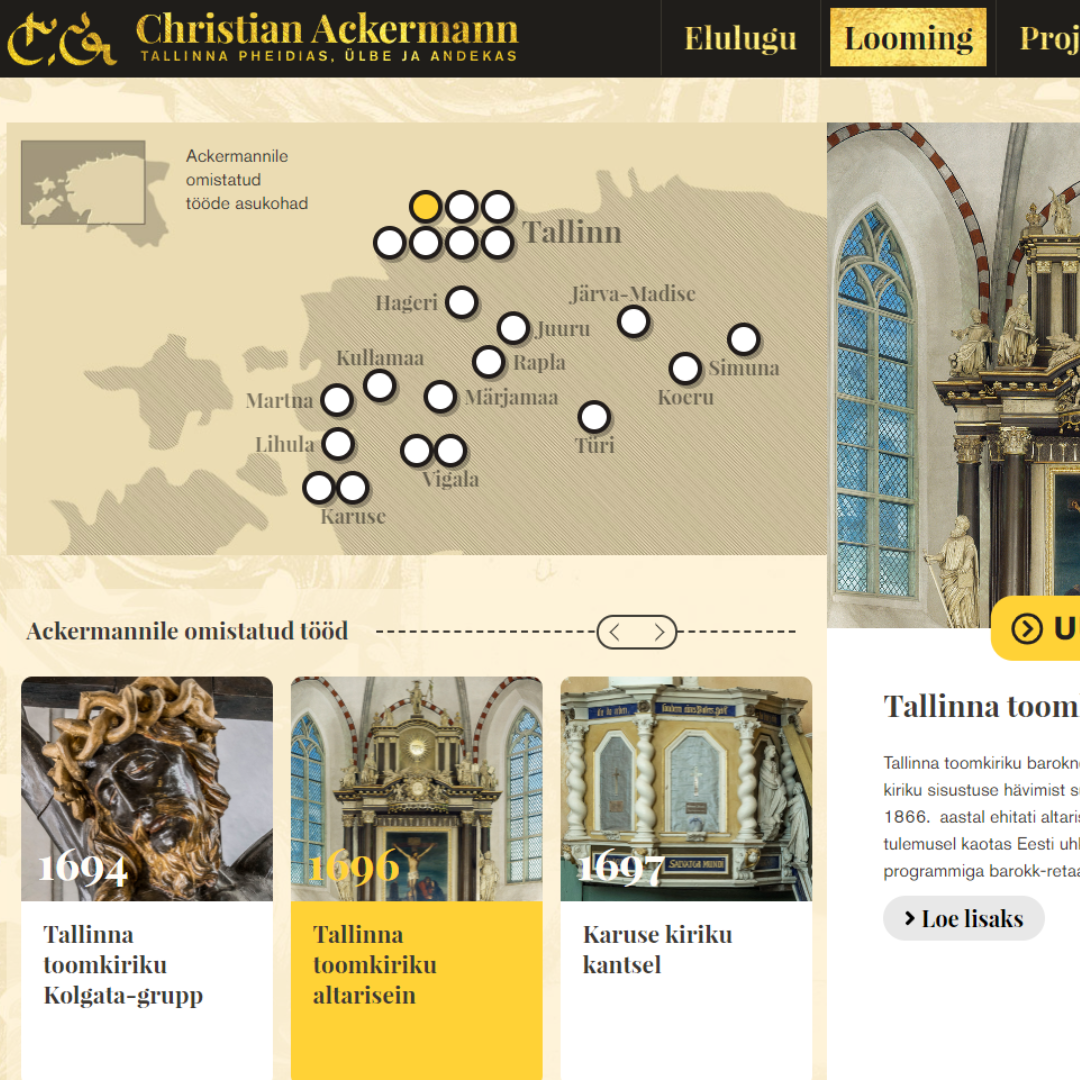This teachers’ guide has been written as part of the EuroClio Erasmus+ funded project ‘Learning to Disagree’.
It has been produced to support the teaching and assessment of dialogue, debate and discussion in the classroom where the subject matter may, or may not be, sensitive and controversial. This Guide is structured into three parts. Part A introduces the project and contextualises why dialogue, discussion and debate (DDD) should be taking place in classrooms. Definitions relevant to the project are set out along with a clear indication of how they come to be used in this project. Definitions include dialogue, discussion, debate, viewpoints and competence with particular emphasis on social and civic competences. Part B is the Teaching Guide and Part C is the Assessment Guide. These two parts have been written to complement each other and should be used together.
They both accompany the content and teaching materials of the Learning to Disagree project that can be found at www.historiana.eu and they consist of:
• Twelve sets of ‘Varieties of Viewpoints’
• Learning plans for lessons using some of the Viewpoints
• E-Learning activities using the ‘Variety of Viewpoints’ material.
The guide has been written with history and civics teachers and researchers from across Europe using multi-perspective materials from a wider variety of communities. This guide is not written for policy makers. While we hope it will be of interest to see how practising teachers work, please turn to the needs’ assessment document of this project for more detail about the theory that underpins this work, including a review of some of the relevant literature.
The full teacher’s guide is available in:

“To get vaccinated or not?”: Addressing hot issues of the present through the lens of history

Teacher’s Guide: Working with sources in history education

Gernika Peace Museum: Museum and memory walks

The forgotten global history of WWI PoWs

Bringing the 17th Century to the Classroom Through Art and Heritage





